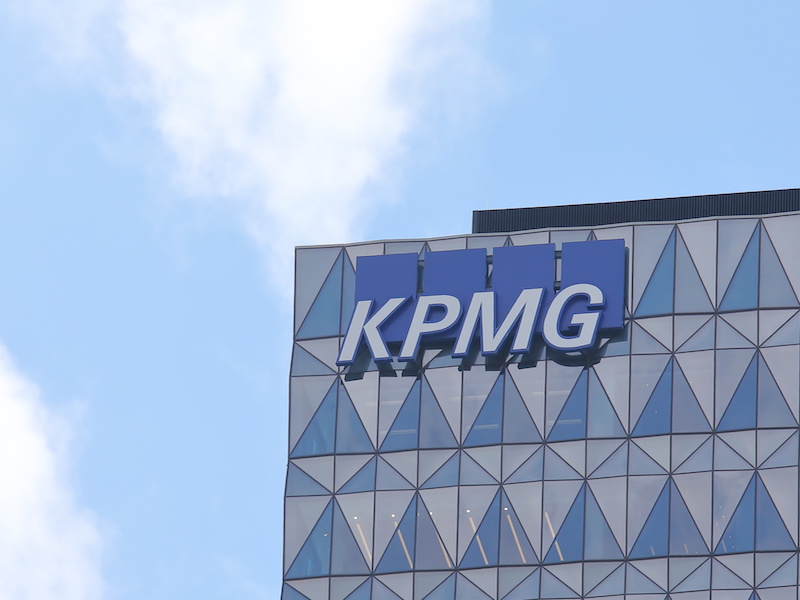

May’s mental-health week is the biggest of the year for Denis Trottier, KPMG Canada’s chief mental-health officer.
“My role is very interesting. I have nothing to do except mental health, looking at our mental-health practices, helping the firm do a benefits review and so on,” he says.
While the role is currently an uncommon one, it’s likely to grow as more organizations increase their mental-health initiatives. Trottier, who’s held the position for more than three years, was offered the role after he tried to take early retirement.
Read: Why you should hire a mental-health co-ordinator
“We have an inclusion and diversity council and mental health is one of the pillars of that council, the concept of people bringing their whole self to work. So one of the board members says [to me], ‘We’re making you our first ever chief mental health officer.'”
Personally, Trottier has experienced living with clinical depression and once took a 13-month leave of absence. “My role is to open the boardroom door and create a milieu where people are comfortable talking about mental health.”
In the role, he spends much of his time travelling to KPMG’s offices across the country, hosting 90-minute presentations to employees. “Yesterday morning, I had one with our partners and then I had two different ones with staff. I show my ‘lived experience’ video, talk to them about my role, talk to them about our mental-health strategy at KPMG.”
Read: Specific solutions required to move dial on mental-health treatment, costs
At each session, employees receive a personal business card with the phone numbers of various resources, one of which is their employee relations services team, a subset of KPMG’s human resources team that has additional mental-health training, “so they can be frontline where people can call them when they have questions,” says Trottier.
In addition, the employee relations services team is available to support employees, people managers and partners around mental health in the workplace, including identifying available resources when faced with a challenge and how to have conversations about mental health.
In a recent benefits plan revamp, KPMG saw the need to provide employees with more flexibility, allowing them to pick and choose what’s good for them, says Trottier. “We saw and realized that in a lot of cases people maybe didn’t have the funding to get the mental-health services they needed.”
This led to the introduction of a new $2,000 benefit for all employees to use for mental-health services. The organization also expanded its list of mental-health practitioners to include psychologists, psychotherapists, marriage and family therapists, clinical counsellors and social workers.
Read: Editorial: Deck the halls with mental-health support
“So if you were on our team, it would be yourself and your significant other and your children and dependants that are covered,” says Trottier. “And what’s interesting with that benefit, in comparison to the typical medical benefits, where maybe some of the mental-health services are covered, is that we’ve really broadened the definition of what qualifies . . . . So we really trimmed the definition of who would qualify as a specialist.”
At its core, KPMG’s mental-health strategy is quite simple, he says. “It’s awareness, training and support. So on the awareness front, it’s a combination of mental-health week, all the stuff we’re doing with seminars, communication during busy seasons and all kinds of forums to get people to talk about mental health.”
Read: How the Health Benefit Trust of Alberta redesigned its mental-health program
